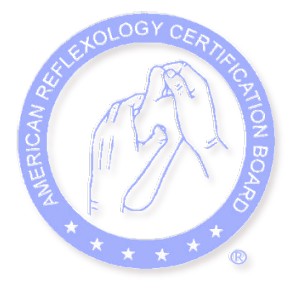 Have you been feeling emotionally drained lately? Well it’s more common than you think. It’s called “compassion fatigue”. Compassion defined is the sympathetic consciousness of others’ distress together with a desire to alleviate it. Compassion fatigue is extreme tension and preoccupation of suffering from helping people in distress. The “helper” absorbs the emotional pain from another and suffers from it as well.
Have you been feeling emotionally drained lately? Well it’s more common than you think. It’s called “compassion fatigue”. Compassion defined is the sympathetic consciousness of others’ distress together with a desire to alleviate it. Compassion fatigue is extreme tension and preoccupation of suffering from helping people in distress. The “helper” absorbs the emotional pain from another and suffers from it as well.
Those who are typically in a “helping” profession are the most vulnerable to compassion fatigue, but anyone can have it if they are exposed to enough traumas. This includes nurses, doctors, counselors, social workers, emergency response workers, and caregivers. These workers struggle to function in care giving environments that face emotional challenges and trauma on a daily basis. The emotional impact of hearing stories involving abuse and other traumas can be transmitted through deep psychological processes with empathy.
Compassion can be confused with attachment, our own personal investment in the outcome of the situation. It’s important to distinguish if compassionate to the needs of another person or personal emotional needs that might be affecting you.
Unlike burnout, caused from everyday work stress and dissatisfaction with our employment situation, compassion fatigue results from taking on the emotional burden of a patient in agony. It has commonly been compared to a post-traumatic stress disorder, except the stress is a reaction to the trauma of another person.
Signs of Compassion Fatigue
Symptoms of compassion fatigue can affect the helper psychologically and physically. Symptoms might seem like common stress responses that are associated with work, so it’s important to watch for symptoms as they may lead to serious health issues or burnout. Characteristics of compassion fatigue include:
- Disassociation
- Anger
- Anxiety
- Sleep disturbances
- Nausea
- Headaches
- Dizziness
- Fainting spells
- Muscle tension
- Withdrawing from others
- Difficulty connecting with others or detaching.
- Turning to compulsive or addictive behaviors such as overeating, overspending, alcohol, smoking, etc.
- Fatigue and apathy.
- Difficulty concentrating.
How Self-Care Can Help
The most common answer to reducing compassion fatigue is simply self-awareness. Practicing self-awareness can help maintain your boundaries, without being consumed by the other person’s care. Sometimes this simply means taking a break during and after interactions with a traumatized patient. Often, helpers dissociate from their life, so reconnecting to their identity with meditation or visual reminders is crucial. Some other ideas on how to help reduce compassion fatigue are:
- Meditation
- Keeping a journal
- Staying connected to the outside world with a walk or a phone call
- Asking for help
- Self-centering with deep long breaths
- Laughing
- Massage therapy and bodywork
- Focusing on the positive
- Taking a vacation
- Regular exercise and healthy eating
If you sense that you might be suffering from compassion fatigue, there is a good chance you are. Self-awareness is the first step in reducing compassion fatigue. Awareness can lead to insights regarding past situations that can be causing you continual pain. With self-care and support, you can recognize a situation that might be causing you compassion fatigue and prevent it. Give me a ring so we can talk about how massage therapy can help you deal with compassion fatigue in your life.




